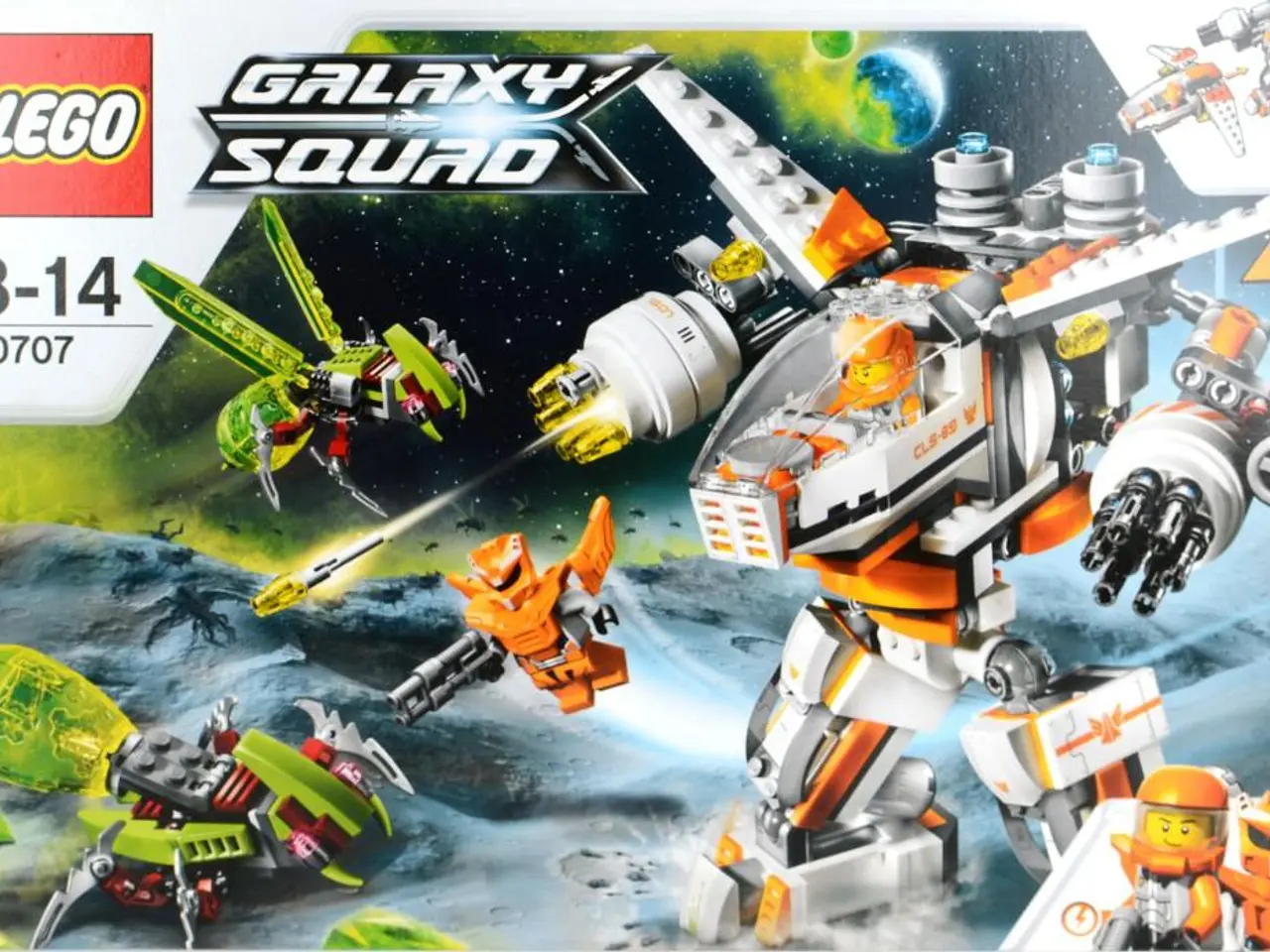Artificial Intelligence companions have arrived, reshaping the landscape of genuine relationships
In the modern digital age, AI-powered companions are reshaping the way people form connections, offering an alternative to traditional relationships. One of the most intriguing developments in this field is the emergence of AI boyfriends, designed to provide emotional support and companionship without the volatility often associated with human relationships.
Jennifer Allen, a retired chef, traveler, cookbook author, and nationally syndicated journalist, is a co-founder of Food Drink Life. Allen, like many others, has observed this trend with interest.
AI romance apps, such as Replika and EVA AI, offer customizable interactions that mimic emotional connections. Users can control tone, dynamics, and even backstories in these apps, creating a unique and personalized AI boyfriend. These AI partners respond in real time, adapt to individual preferences, and offer a level of consistency many people find reassuring.
However, the long-term effects of AI-powered romantic relationships on human behavior and emotional growth remain largely speculative. Some experts fear that easy companionship with AI could lead individuals to lose motivation or ability to form satisfying human relationships, potentially diminishing skills needed for intimacy with other people.
On the other hand, AI relationships may serve as "training wheels" for certain groups, such as neurodivergent people, to practice flirting, conflict resolution, and social interaction, potentially fostering emotional growth and social skills useful in human relationships. However, experts caution this should not become a permanent replacement for genuine human connection.
One potential concern is the risk of unrealistic expectations. AI companions often provide constant, tailored validation, which may lead to unrealistic expectations about human partners and relational dynamics. This could have significant implications for emotional well-being.
AI companion apps have been linked with risks such as poor privacy protections, encouragement of destructive behaviors, and abrupt loss of access due to company changes. These factors can negatively impact users' emotional well-being.
A significant portion of people consider AI interactions as potential infidelity, indicating societal tensions around AI’s role in romantic ethics and identity of relationships.
Overall, AI-powered romantic relationships could both hinder and help emotional growth, depending on how and why individuals use them. They may offer support and companionship but also risk eroding human relational skills and emotional resilience if they replace complex human interactions.
As this field continues to evolve, continued research and monitoring are essential to understand these dynamics in the longer term. The broader adoption of conversational AI in everyday life has normalized these interactions, with people using chatbots for tasks such as productivity help and emotional support.
References:
- BBC News
- The Atlantic
- Psychology Today
- The Guardian
- Jennifer Allen, a retired chef and co-founder of Food Drink Life, has observed the rise of AI-powered companions with interest, as they offer an alternative to traditional relationships in the modern digital age.
- Artificial intelligence (AI) romance apps like Replika and EVA AI allow users to create a customized AI boyfriend, responding in real time and adapting to individual preferences, providing emotional support and companionship.
- Experts caution that AI-powered romantic relationships could potentially erode human relational skills and emotional resilience if they replace complex human interactions, as the long-term effects on human behavior and emotional growth remain largely speculative.
- unrealistic expectations from AI companions can have significant implications for emotional well-being, as AI companions often provide constant, tailored validation which may lead to unrealistic expectations about human partners and relational dynamics.




